
 Men’s Health Foundation Ghana is the National Peak body of Prostate Cancer and the leading Men’s Charity in the country. We are a registered charity with the broad aim to raise awareness of prostate cancer, provide the necessary national policy on the disease and improve the lives of men diagnosed with prostate cancer. For some time now, we have been calling on the government to recognized father’s day in Ghana as National Prostate Cancer Awareness Day to help awareness.
Men’s Health Foundation Ghana is the National Peak body of Prostate Cancer and the leading Men’s Charity in the country. We are a registered charity with the broad aim to raise awareness of prostate cancer, provide the necessary national policy on the disease and improve the lives of men diagnosed with prostate cancer. For some time now, we have been calling on the government to recognized father’s day in Ghana as National Prostate Cancer Awareness Day to help awareness.
Father’s Day is on this Sunday 18th of June, we want to draw the attention to the President his Excellency Nana Addo Danquah Akufo Addo to help recognize the day as such. We also call on the government to implement their special cancer policy in their 2016 Manifesto.
We called on corporate organizations, churches et al to use this father’s Day to help raise awareness.
Our case for father’s day as a National Prostate cancer Day is found below:
Despite the many serious health problems confronting men, few countries have national strategies to address these problems. There appears to be a deficit in gender-sensitive health service provision for men all over the world and Ghana is no exception. It is now increasingly understood that health policies and practices that take specific account of sex and gender differences are required. For instance gynaecology specifically addresses female gender sexual health issues.
The World Health Organization (WHO) has stated that: ‘To respond to gender inequities in health, men’s health status and behaviour must be recognized as resulting as much from the social construction of gender as women’s…Violence, unsafe sexual contact, smoking, alcohol and drug consumption, and higher suicide rates contribute to premature death among men. Gender heavily influences these risk factors and the health sector is not considering it fully when designing policies and programmes.’
The first country in the world whose government adopted a national men’s health strategy is Ireland. Two other countries, Australia and Brazil have followed with similar policies, leaving behind leading democracies such as the USA, the UK and Canada, although these countries have made considerable progress on men’s health issues and practice.
It is against this background that the proposal to declare ‘Father’s Day’ – an event observed informally worldwide to recognize the contribution of men to the sustenance of families – as National Prostate Cancer Day by Men’s Health Foundation Ghana, to create awareness about the dire situation that men face in Ghana as far as the health of their prostate is concerned, is being made. This is comparable to the country’s declaration of St. Valentine’s Day, an informal occasion observed on 14th February the world over, as ‘National Chocolate Day’ to promote the patronage and consumption of Ghana-made chocolate in the country which is the second leading producer of cocoa in the world.
The declaration of Fathers Day as National Prostate Cancer Day could mark the beginning of the design and formulation of a specific National Men’s Health Policy for Ghana which will include other ailments that predominantly affect men besides prostate cancer such as lung cancer related to smoking; liver problems related to alcohol abuse and genito-urinary problems that have led to so many men wearing catheters.
Prostate Cancer affects the prostate gland and according to a dictionary definition, the prostate gland forms part of the sexual reproductive organs of men and is the organ that surrounds the urethra of males at the base of the bladder, comprising a muscular portion, which controls the release of urine, and a glandular portion, which secretes an alkaline fluid that makes up part of the semen and enhances the motility and fertility of sperm. Prostate cancer can prove quite fatal if not detected early and treated.
The case for the declaration of Fathers Day as National Prostate Cancer Day in Ghana is anchored on the fact that the country appears to have the highest rate of prostate cancer in the whole world, with an estimated number of 921 new cases occurring every year, with 758 of them resulting in death. Epidemiological studies have revealed that while incidence of the disease is 200 out of every 100,000 in Ghana, it is 127 to every 100,000 in Nigeria and 130 per 100,000 in Cameroun.
The sub-region is generally recognized as having the highest rates of prostate cancer in the world with Ghana at the epicentre. Indeed, it is believed that 1 in 4 Black men will get prostate cancer in their lifetime. This would seem to support findings that show that the black race has a higher propensity for having vitamin D deficiency from the sun-blocking effects of melanin pigmentation which accounts for the dark colour of their skins, and this predisposes black men to developing prostate cancer which is linked to vitamin D deficiency. In the case of Ghana, it appears that this predisposition is further compounded by higher levels of saturated fats in our traditional diets.
What then can be done to reverse the trend where the nation loses a relatively high number of its male citizenry, the backbone of its productive workforce, every year to prostate cancer?
Firstly, there is the need to create awareness of the condition so that all Ghanaian men would become aware of their high chances of developing prostate cancer and take measures to prevent it from occurring.
This is where the declaration of Fathers Day as National Prostate Cancer Day would serve as a means to coalesce all national effort to create awareness through aggressive public education programmes using mass communication media fully supported by government and sponsored by public and private business entities, as well as interested individuals. Aggressive prostate cancer screening exercises can be rolled out on that day, nationwide, making it possible for men to verify their status. Such an initiative would also need considerable sponsorship from public and private enterprises, as well as district assemblies and central government.
The next step would involve the setting up of prostate screening centres all over the country as part of all public health institutions to help men over the age of 35 to establish their status and make informed choices about their health. This can only be made possible if the National Health Insurance Scheme (NHIS) makes such screening part of its subscriber package to make the test accessible to all; and assist subsequently with treatment costs to reduce the high mortality rates associated with prostate cancer. Thus the on-going search for additional sources of funding for the NHIS as part of the Health Financing Strategy should take cognizance of prostrate tests and treatment.
Finally, there is the need for more professional health workers to be trained at all levels to handle prostate cancer and related ailments.
This is the case for political leadership, which is the competent authority to declare Father’s Day as National Prostate Cancer Day .
We wish our Men Happy Father’s Day in Advance!
Signed
Dr. Raphael Nyarkotey Obu: PhD
Research Professor of Prostate Cancer and Holistic Medicine
President of Men’s Health Foundation Ghana



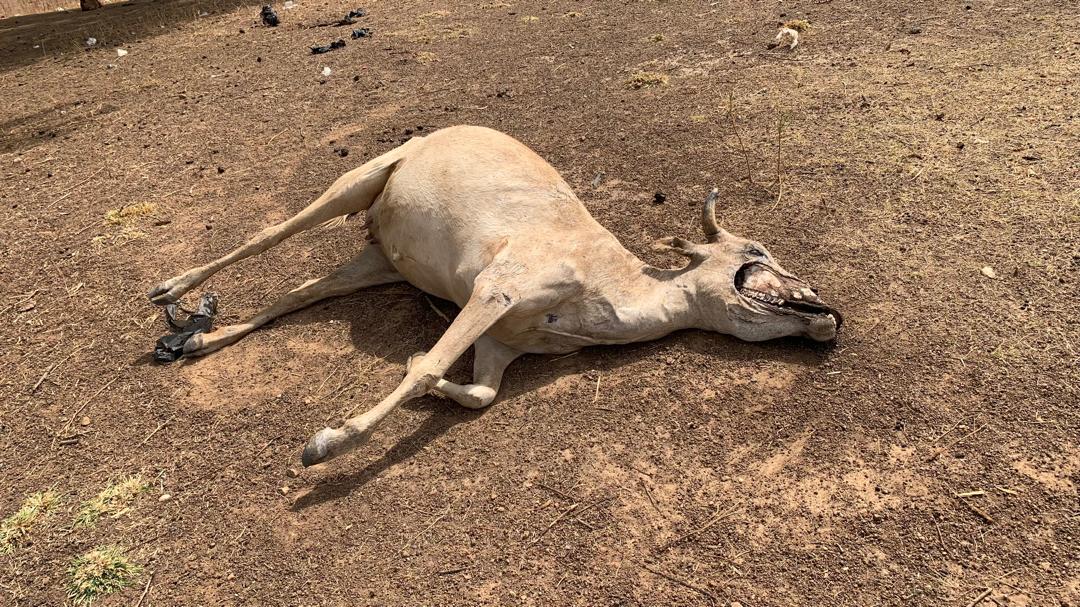











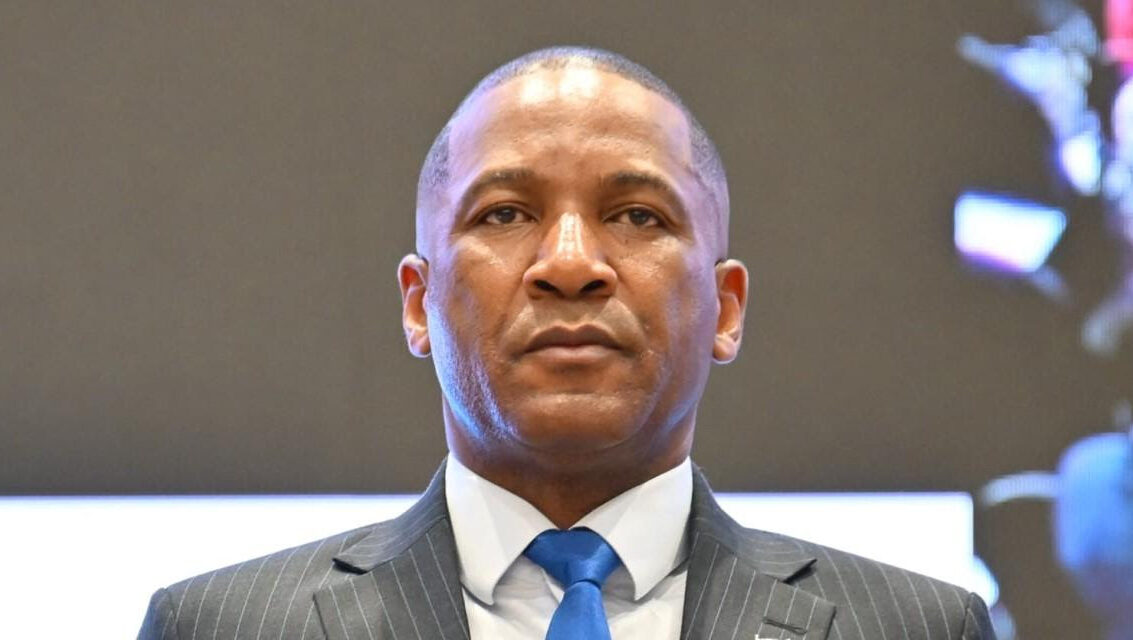

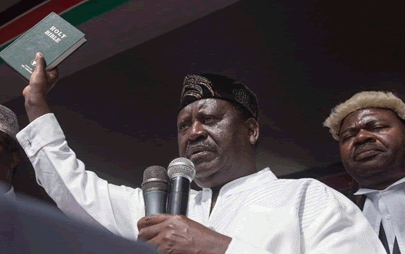

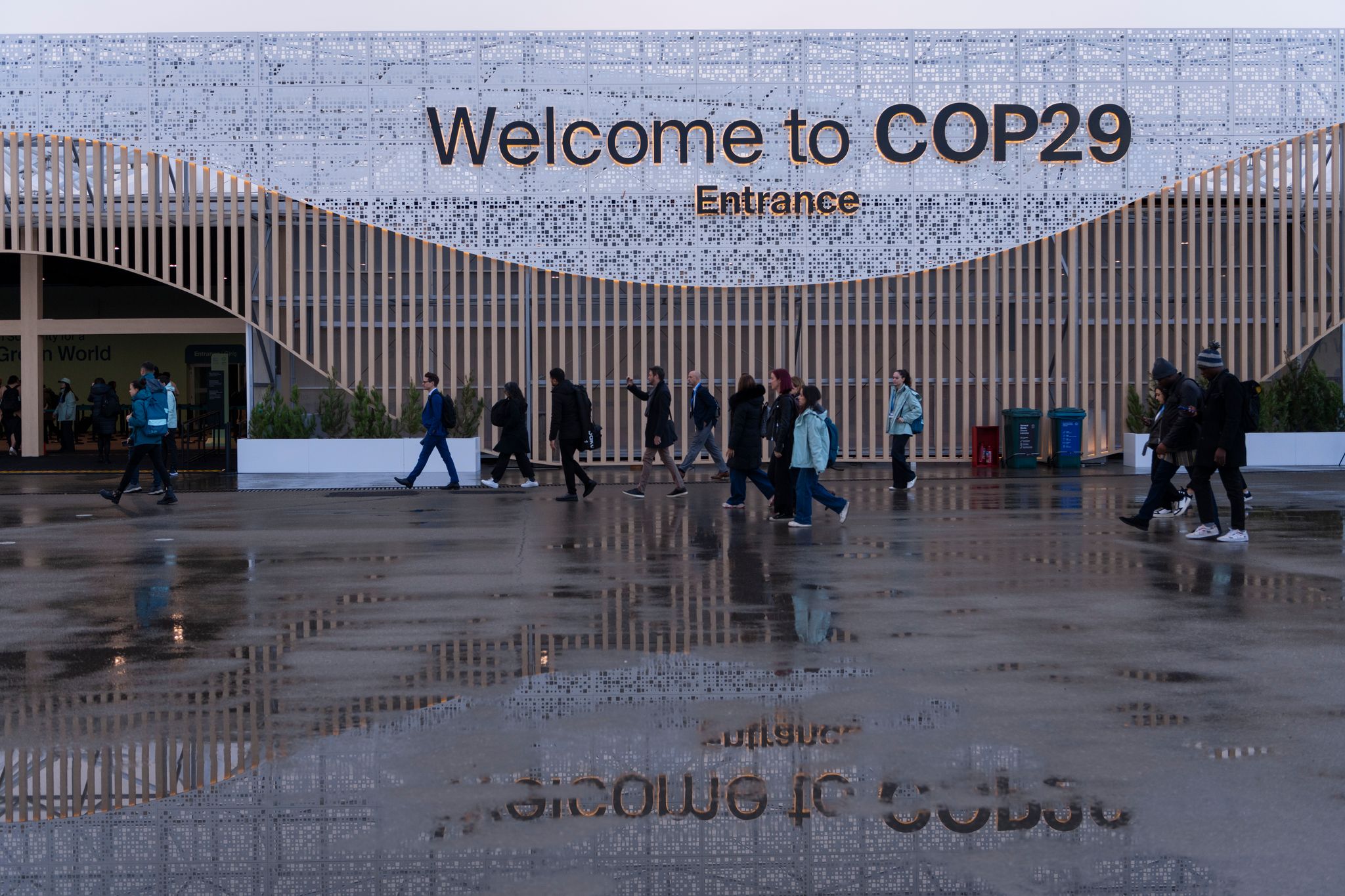

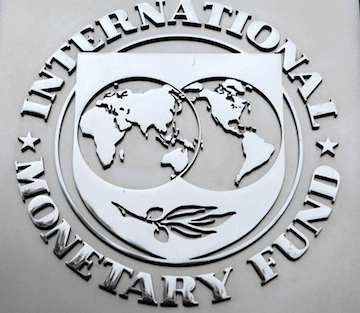
Facebook
Twitter
Pinterest
Instagram
Google+
YouTube
LinkedIn
RSS